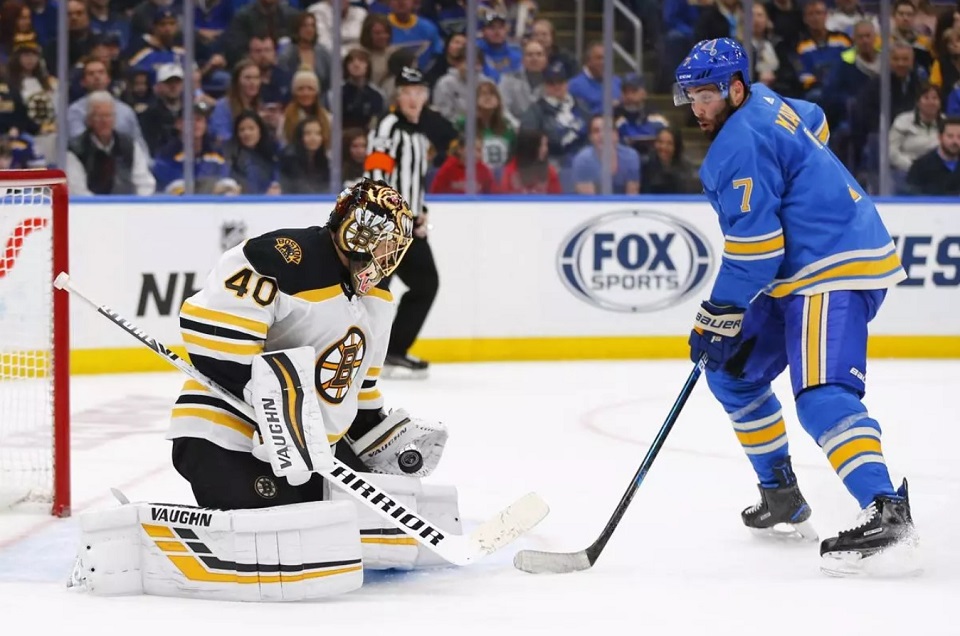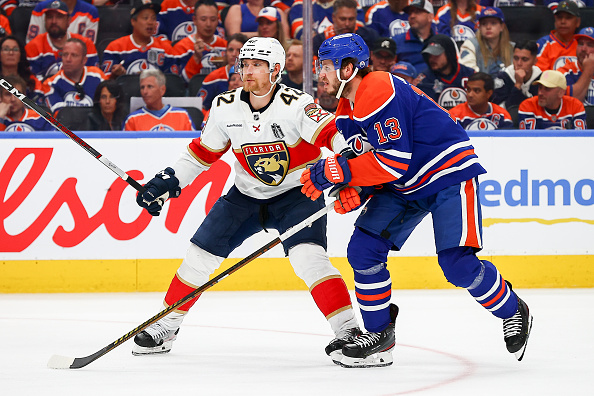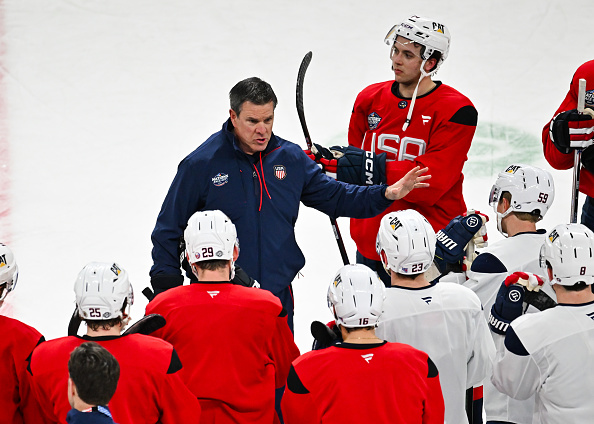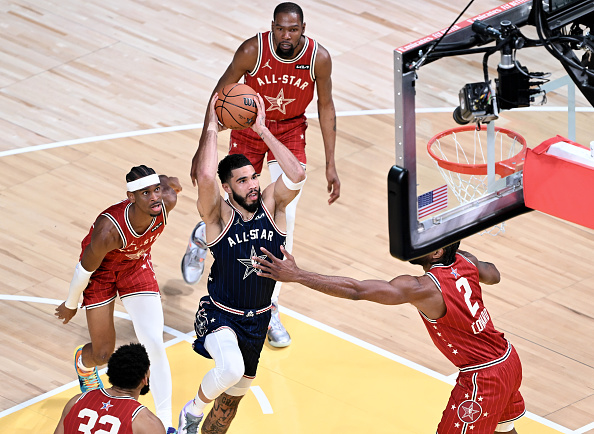You might have noticed that the Boston Bruins have this awfully bad habit of being unable to finish games in 60 regulation minutes.
(If you haven’t noticed, it means you might be going to bed before the game is over, while the rest of the viewers have been losing sleep to the virus of overtime that the Bruins have contracted.)
Since Jan. 29, the Bruins have played 13 games. Eight of those games have required extra minutes—whether overtime or a shootout—to determine a winner and award the second point for standings.
It’s even been happening in a somewhat predictable pattern, too. Boston played two games in a row that went to overtime, and the following two ended in regulation. After that, three games in a row needed extra minutes, but the next three were all regulation wins. Now, the Bruins have just finished another three overtime games in a row after that, crafting a perfect (albeit senseless) repeating pattern.
While overtime games are exciting because they boost the atmosphere and therefore the game’s ratings, they can be tremendously exhausting for those who play in them.
During this absurdly long span of overtime games played, the Bruins have been one of the hottest teams in the league. Since Jan. 29, their record is 9-4, with a seven-game winning streak and a western road trip that they returned back east from with nine out of 10 possible points. They look the opposite of exhausted. There hasn’t been one truly bad game that could be chalked up to as a total loss; all the regulation games Boston has played since Jan. 29 ended with a win.
There may be one reason why they’ve looked so lively, even with the longer nights: Jan. 29 was the first game played after the Bruins’ ten-game hiatus that was scheduled in late-January. Whether the idea that the break has something to do with their inability to finish games in regulation might not be possible to prove, they’re definitely well-rested enough to continue nabbing those second points in the standings after the first 60 minutes. (Maybe the team is just making up for all the hockey not played in the ten-day hiatus.)
What can be taken away from this trend? Other than the fact that it means the team can collectively grind and play well beyond a regulation game, it also can say something about the team dynamic and player personnel.
This team has an odd ability to turn entire games around, albeit at perhaps the last minute. They never play an entire 60-minute game in the exact same way. Somebody—whether they’re from the first line, fourth line, or blue line—always manages to turn the tides for Boston and keep them in, and that’s an intangible that can make a club dangerous and elite, especially at the playoff level.
But the Bruins better hope that they’ll have kicked this habit by the time playoffs roll around. The longer nights take a toll on players’ bodies, and even if it doesn’t show now, they will need to be ready for the grind of a gruesomely long two-month postseason. The two points earned in a win need to start coming within the first 60, especially against divisional opponents and even Wild Card contenders for the Black and Gold to secure their own playoff spot.
However, the time length of the games that go into overtime has decreased significantly since a Jan. 29 shootout against Winnipeg, which was a game eight minutes shy of three hours. The Bruins’ most recent shootout, a 2-1 loss on Feb. 23 against the St. Louis Blues, was only 2:39 long. Compare that to the regulation win against the Chicago Blackhawks on Feb. 12, which was 2:32. This may point to the Bruins slowly weaning themselves out of having to use overtime to win, letting both us and them get to bed earlier after a game.
Plus, there’s the logical reason of needing to learn how to win in 60 minutes: even if you’re a club who is phenomenal at 3-on-3 overtime and shootouts, that skill does absolute bupkis once the playoffs actually begin. When playoff games go into overtime, it’s just more 5-on-5 hockey.
That’s the bottom line: If the Bruins can’t figure out how to win in regulation, they’ll at least need to master how to win 5-on-5 hockey games as quick as they can.







